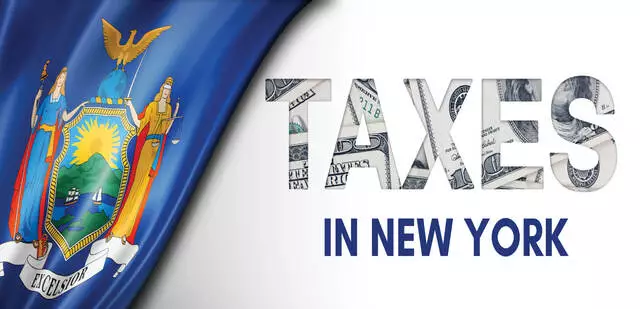
I have an active imagination, and I use it to fill in the knowledge gaps I experience from not being privy to facts.
I reviewed this week’s cases and, unburdened with any facts or direct knowledge, imagined the following scenario which may not be accurate at all: In early 2023, the Powers That Be are informed that the then-current Supervising Administrative Law Judge is retiring and a new SALJ needs to be appointed. The appointee and the retiring SALJ get together and discuss a peaceful transition of power. Maybe the appointee asks: “What annoys you most about the job?” And the retiring SALJ says “I really don’t know what to do about petitions that arrive without the required information and attachments and are therefore facially invalid.” The appointee develops a system for addressing the issue: the DTA attempts to contact the petitioners by telephone and mail to give the petitioners an opportunity to cure the deficiencies in their petitions, and if there is no response or an inadequate response, the SALJ dismisses the petition. This works great for addressing deficient petitions if a telephone number has been provided. But there’s a bunch of petitions without telephone numbers that also need to be addressed. The appointee (now the new SALJ) develops a system to deal with those too but gives those petitioners more time to cure their petitions’ deficiencies since the petitioners or their advisors may only be contacted by mail, and the New SALJ determines that it is fairer to give those petitioners additional time. Plus, the appointee is busy with other administrative matters like keeping up with the steady flow of newly filed deficient petitions.
About a year after her appointment, and coincidentally a year (plus or minus) since letters were sent by the DTA to certain petitioners that filed facially deficient petitions, the new SALJ decides the time has come to start dismissing the insufficient petitions. Her first year of experience has taught her an important lesson: in the absence of applicable rules, she may chart her own course as long as it is even-handed and provides due process to the petitioners. So, she devises a new short-form “Determination Dismissing Petition” which she uses to dismiss facially deficient petitions, with prejudice. And that leads to the four one-page determinations posted on the Division’s website on March 28, 2024, and summarized below.
If the reality is close to what I imagine, kudos to SALJ Gardiner for devising a streamlined process for addressing facially deficient petitions so these can be removed from the docket.
Matter of Santos (Supervising ALJ Gardiner, March 21, 2024); Article 1/Notice and Demand-Deficient petition (Pete Calleri).
The Division made a written request to Petitioner on February 13, 2023, asking for an executed power of attorney form and a taxpayer identification number. The Petitioner provided no response. Therefore, pursuant to 20 NYCRR 3000.3(d)(2), the petition was dismissed with prejudice.
Matter of Contreras (Supervising ALJ Gardiner, March 21, 2024); Article 1/Notice and Demand-Deficient petition (Pete Calleri).
The Division made a written request to Petitioner on February 13, 2023, asking for an executed power of attorney form and a taxpayer identification number. The Petitioner provided no response. Therefore, pursuant to 20 NYCRR 3000.3(d)(2), the petition was dismissed with prejudice.
Matter of Samboy (Supervising ALJ Gardiner, March 21, 2024); Article 1/Notice and Demand-Deficient petition (Pete Calleri).
The Division made a written request to Petitioner on February 13, 2023, asking for an executed power of attorney form and a taxpayer identification number. The Petitioner provided no response. Therefore, pursuant to 20 NYCRR 3000.3(d)(2), the petition was dismissed with prejudice.
Matter of Estate of Loos (Supervising ALJ Gardiner, March 21, 2024); Article 22/Deficient petition (Pete Calleri).
The Division made a written request to Petitioner on April 10, 2023, asking for a copy of the statutory notice being protested, an executed power of attorney form, and the special permission letter for any representative. The Petitioner provided no response. Therefore, pursuant to 20 NYCRR 3000.3(d)(2), the petition was dismissed with prejudice.



